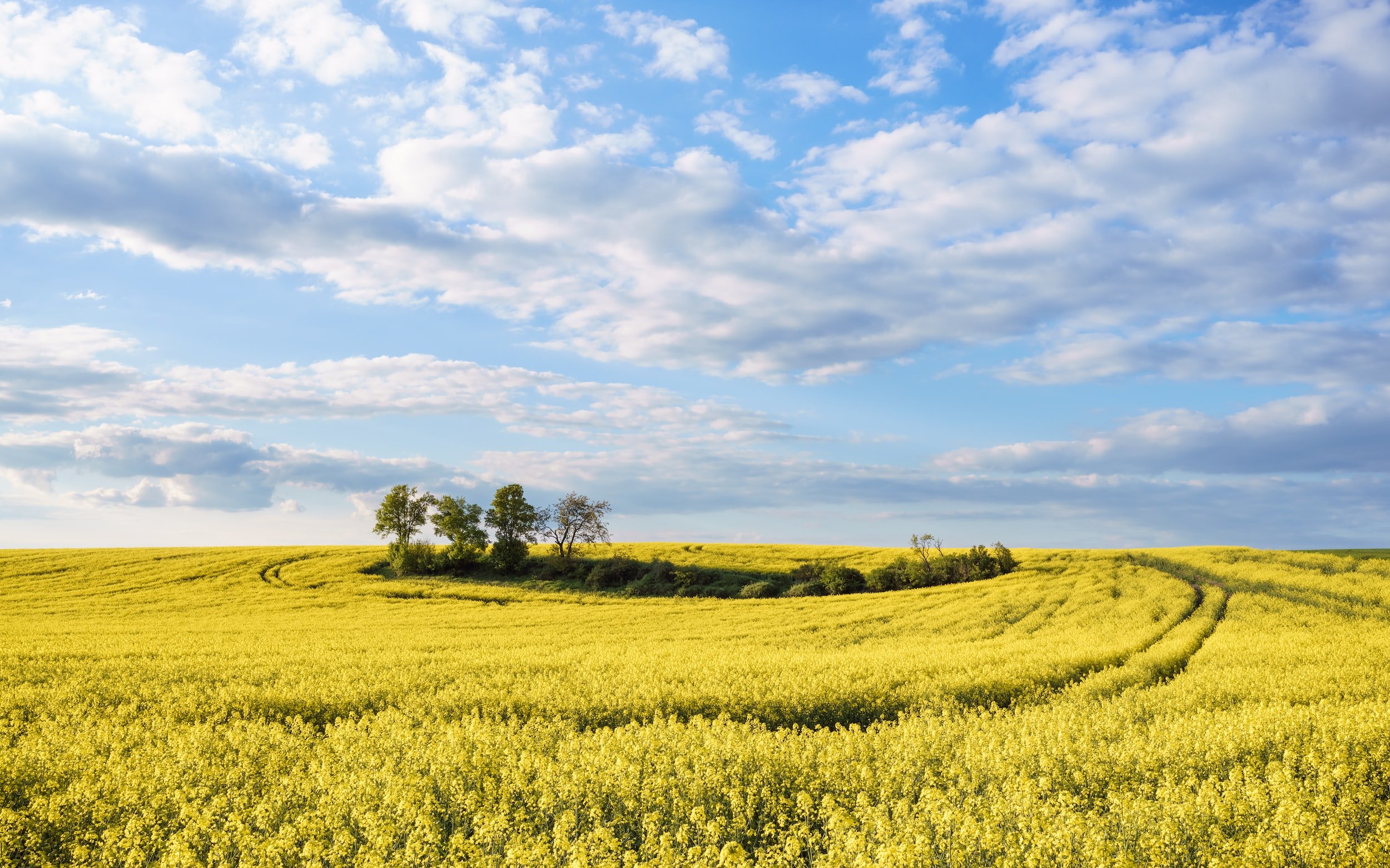HAYFEVER: MY TOP 5 HOMEOPATHIC REMEDIES
*Did you know that homeopathic treatment for hayfever works best when it starts in the winter?! Hayfever isn’t just about the symptoms you experience in the spring, it’s about all the things going on in your body, your genetics, and with your lifestyle. If we address those over the winter, your seasonal symptoms should be less severe and not last as long. Contact me for a FREE DISCOVERY CALL this autumn to find out how I can help.*
It's getting to that time of year when hayfever looms for many people. As the weather warms up and we enjoy spending time outside, hayfever can cause symptoms ranging from mild to extremely debilitating. Large numbers of people turn to anti-histamines but find that they have their limitations. For some, they seem to need ever-increasing doses, for others they just aren't enough, and for many, anti-histamines can leave them tired and foggy-brained.
WHY DO WE GET HAYFEVER?
Hayfever is a kind of allergy that occurs when the body reacts in an extreme way to a substance such as pollen or moulds. The body identifies the substance as harmful, triggering an immune response, and causing inflammation. Histamine is the chemical that the immune system produces in response to this perceived threat. The reaction is out of proportion to the real threat, and is usually the result of inflammation or stress already present in the body.
HOW TO CALM HAYFEVER
Anti-histamines work by suppressing the production of the chemical histamine, but they don’t stop the body reacting in the first place. Calming general stress and inflammation, as well as the acute inflammatory response, will get to the root of the problem.
SELF-HELP FOR HAYFEVER
Practical steps can make a huge difference: wear sunglasses on high pollen days; take off your outer layer when you come home; tie back long hair; and have a shower after a day out if that is possible, or simply wash your face.
An anti-inflammatory diet will help calm the system. Eat whole foods and include a variety of vegetables, fruits, nuts, seeds, beans and lentils. Reduce sugar, processed food and alcohol.
Supporting gut health will help reduce inflammation. Include fermented foods in your diet such as live yoghurt, sauerkraut, kimchi and kombucha, or try a probiotic supplement.
Quercetin is an anti-inflammatory nutrient found in many foods, especially those with a red pigment such as tomatoes, red peppers, red apples, etc. It can also be taken as a supplement to reduce the inflammatory response of hayfever.
Magnesium is another supplement that can work wonders. Magnesium is needed to relax muscles, so can be especially effective where hay fever affects the lungs and causes wheezing.
Try to make time to de-stress: include calm time before bed, try meditation, do a yoga class, or enjoy any relaxing hobbies such as gardening, reading or crafting. If you have very little time, take one or two minutes a couple of times a day to do some deep breathing - even this can make a big difference to your stress levels.
HOMEOPATHY FOR HAYFEVER
Homeopathy can be incredibly beneficial for hayfever sufferers, and there are studies that show its benefits. A study in the Lancet from 1986 tested a homeopathic remedy made from mixed grass pollens. It found that, “The homoeopathically treated patients showed a significant reduction in patient and doctor assessed symptom scores.” A more recent study concluded that, “Individualized homeopathic treatment was associated with significant alleviation of hayfever symptoms, enabling the reduction in use of conventional treatment.”
Homeopathy can be used to work on three levels for the most effective treatment of hayfever. The first level is to treat the immediate symptoms, alleviating the distressing affects of hayfever in the short-term. There are grass, tree or flower pollen remedies that can be very effective, or consult a homeopath remedies chosen to match your particular symptoms.
A homeopath will address the second level using remedies that treat the constitution of the whole person. They will address a person’s characteristics as well as their individual sensitivities, allergic response, immune system and stress levels.
The third level is to look at someone’s inherited tendencies and susceptibilities, and to prescribe remedies that aim to clear these patterns which may be driving personal sensitivities.
As a health coach as well as a homeopath, I would also be looking to suggest lifestyle changes in areas that might be contributing to an inflamed and over-reactive system.
Homeopathy can address the symptoms of hayfever, desensitise the system, support immunity, and boost health.
MY TOP 5 HOMEOPATHIC REMEDIES FOR HAYFEVER SYMPTOMS
Allium Cepa (red onion). If you imagine the effects of cutting up an onion – streaming eyes; red, burning and runny nose – these are the kind of hayfever symptoms this remedy can treat. There may also be intense sneezing, and improvement in fresh air.
Euphrasia (the 'Eyebright' plant). This remedy is all about the eyes: watery, burning eyes, bloodshot eyes, sore/swollen eyelids, gritty eyes, and sensitivity to sunlight.
Natrum Muriaticum (salt) can be used for hayfever with watering (gritty) eyes, post-nasal drip, frequent sneezing, and a general sensitivity to sunlight. There may be a temporary loss of taste and smell. People needing this remedy can be irritable but feel much better by the sea.
Sabadilla (Cevadilla seed). The symptoms are: sore or swollen eyelids, runny nose with watery discharge, itching in the nose, fits of sneezing, and a dry mouth with little thirst. They are better in a warm room, and may have a feeling of a lump in the throat.
Wyethia (the ‘Poison Weed’ plant) is characterised by itching: itchy, tickling in the nose, itching on the roof of the mouth, and itching in the throat. There may be a dry, irritated cough. The sufferer can be irritable and not want to be in company.
The best place to start if you’ve never tried homeopathy before would be with Helios Hayfever combination, which may well help the acute symptoms of hayfever.
WORK WITH ME
The best homeopathic treatment for hayfever will be achieved by working with a qualified homeopath. If you work with me I will start with an in-depth consultation in order to tailor your treatment to you as an individual. I will then work on the three levels mentioned above, in order to calm your system as well as addressing the immediate symptoms. I will also look at nutrition and lifestyle factors to optimize treatment and help minimize a return of symptoms in the future.
If you or your child suffers from hayfever, do get in touch to find out how homeopathy could help you. I offer a FREE DISCOVERY CALL so that we can talk through your options.

